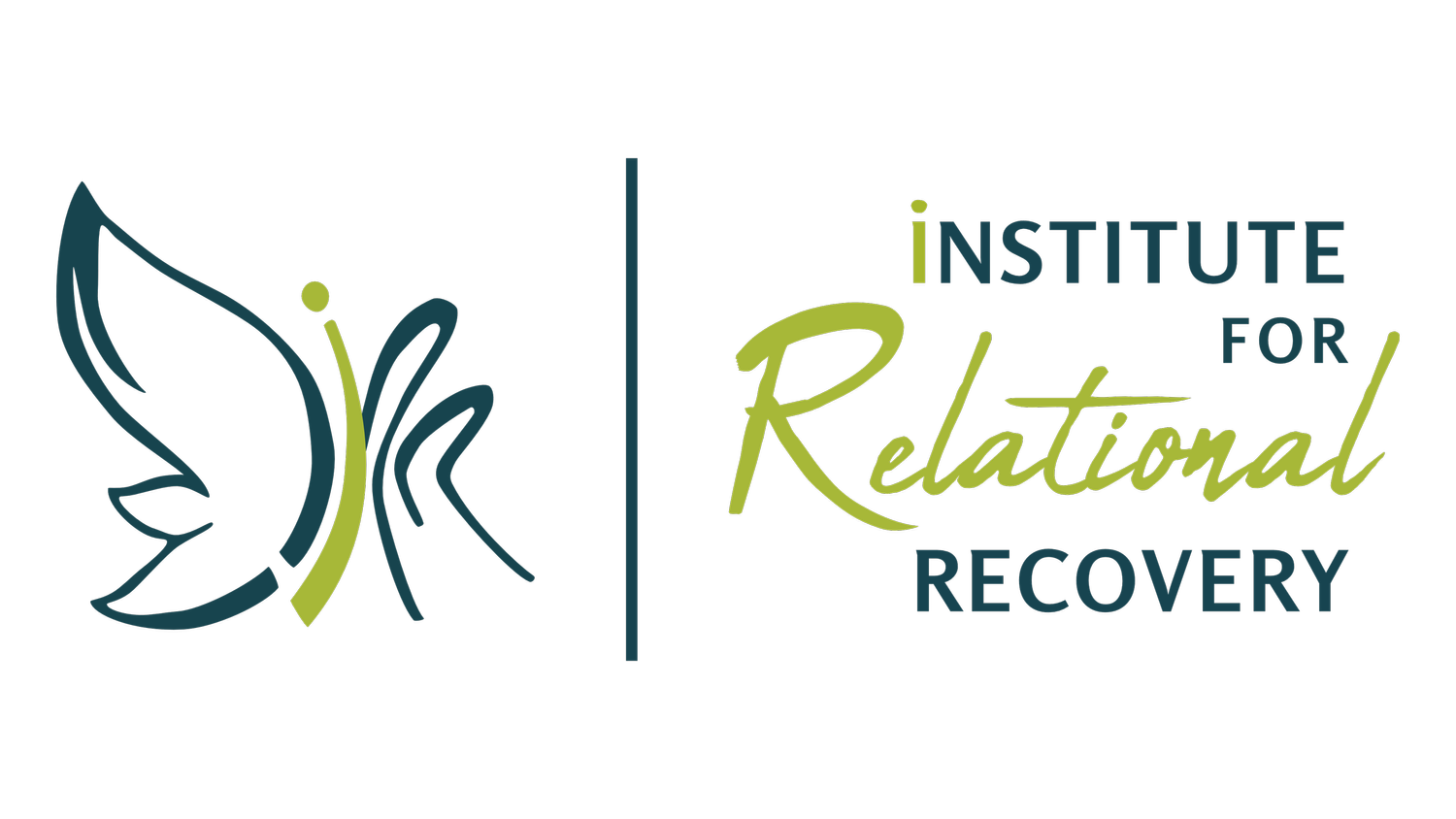Signs You May Be Enmeshed with Your Parent as a Woman–and What to Do About It
Erin Wysong-Warren, LPC-S, NCC, CSAT-S, CPTT-S, CMAT, SEP
Enmeshment happens when you are so deeply connected with another person that it begins to hurt your mental health. You may struggle to feel your own emotions apart from the other person and may have difficulty functioning without their thoughts and opinions. To learn more about enmeshment, what causes it, and more, check out our other article, Enmeshment 101 - What it is and Steps You Can Take.
Both men and women can become enmeshed with their parents; in fact, it's not uncommon for men to become enmeshed with their mothers, earning the label "mama's boy." But women can become enmeshed with their parents as well, and it often goes unnoticed, making learning the signs and symptoms vital to upholding healthy, lasting relationships.
Signs you may be enmeshed with your parent as a woman
Because your relationship with your parents is often the first and most prominent example, determining if you are enmeshed with your parents can be a long and confusing process.
Here are the most common signs of enmeshment:
The other person determines your emotions and feelings
Experiencing the other person's emotions
Struggling to make your own decisions
Lack of privacy or boundaries
You feel responsible for the other person's emotional well-being
Giving up your own wants and needs
Deep fear of conflict
Fear of abandonment
These signs can be found in any enmeshed relationship. However, if you are enmeshed with one or both parents, there are additional signs to look out for.
Enmeshment with your mother
Signs you may be enmeshed with your mother include:
Distrust of men
This often develops due to the mother's inability to cope with the hurt the men in her life have caused. In an enmeshed mother-daughter relationship, the mother has little to no filter on her emotions, passing her feelings onto you, the daughter. When this happens, phrases like "never trust a man" or "men aren't good for anything" can become ingrained from a young age.
Because the mother has these views, you (in an effort to comfort your mother and not become the "bad guy") may agree with your mother's sentiment. These scenarios keep you from forming your own opinions, forcing you to fall in line with your mother's views of the world. While this applies to distrusting men, the same process applies to other worldviews as well.
Over or undereating
Overeating or undereating often occurs out of a desire for control. If you are in an enmeshed relationship, you may not be able to make many decisions for yourself. Food, and deciding what you will eat or not eat, can become more of an emotionally charged rebellion rather than an activity to keep you satiated.
Enmeshment with your father
Signs you may be enmeshed with your father include:
Seeing him more romantically rather than as a parent figure.
You may compare boyfriends to him or view him as such an ideal man that it's difficult for partners to live up to him. This is often due to him treating you more like his companion than his child. For example, you may have been expected to take care of him and things around the home, listen to how his day was, or do other things typically done by a companion.
Sex addiction
This is another sign of enmeshment between a father and daughter. You may find that you confuse sex with love, or perhaps you desire sex without any emotional commitment. This comes from a desire to act out the dysfunctional–yet internally romanticized–relationship your father placed you in.
Enmeshment with either or both parents
Signs you may be enmeshed with either or both parents include:
Feeling responsible for your parents' emotional and/or physical needs
Lack of identity without them (i.e., desperately needing to hold onto the family name, needing to defend their beliefs at all costs, difficulty knowing what is best for you apart from, etc.)
Struggling to keep relationships outside of your parents due to feeling disloyal
Missing out on career opportunities in favor of being close to either parent
Self-neglect, including low self-esteem
Difficulty with boundaries with anyone, not just towards your parents
What causes a daughter to become enmeshed with her parents?
Many factors can contribute to a woman becoming enmeshed with her parents. Some of the most common include:
High-stress homes. This can be due to mental illness, abuse, substance abuse, or other circumstances that lead to family dysfunction. These dynamics require children to grow up fast, needing to care for themselves, their parents, and sometimes siblings. Two significant factors at play in these scenarios are anxiety in the home and the lack of differentiation between the child and parent.
A single parent. This happens when the single parent looks for validation and love from the child to replace the lost partner. Being a single parent or a child of a single parent alone isn't a sign of enmeshment; it is only an environment that could lead to that if the parent isn't careful to place and uphold healthy boundaries.
Marital issues. When issues arise, a parent enmeshed with their child may ask them to take sides or voice opinions. Children can quickly learn what they are "supposed" to say in situations like these, further inhibiting their ability to process the issue (like a divorce) independently.
Role induction. This occurs when a parent asks too much of the child emotionally. Examples of phrases the child might hear are "I don't know what I would do without you," "Please don't leave me," and "You hate me, don't you?" These examples force the child to put the parent's needs above their own.
While the examples above are directed toward daughters enmeshed with their parents, these can also impact men who are enmeshed.
Healing from enmeshment
Healing from enmeshment takes time, especially if the enmeshment is between you and one or both of your parents, but it's possible. Cutting contact may be the first thing that comes to mind, but that isn't always necessary, and there are smaller steps you can take first if that is not possible or not something you want to do.
Step one is to set boundaries. Take a moment to think about the things you feel obligated to do. Write them down if it helps. Include reasons why or why not it's necessary for you to engage in these activities. Permit yourself to no longer do these things, even if it will cause conflict.
Another step is to begin creating your own set of beliefs. This could be anything from how the dishwasher should be loaded to political ideologies. This may be challenging initially, but remember, you don't owe your parents anything.
A physical step you can take is to take up a new hobby your parent or parents know nothing about. Experiment with how different activities make you feel without the pressure of needing to please someone else. This can help you start to create a life without them while discovering who you are.
Consider individual therapy. Separating yourself from an enmeshed relationship is challenging and enlisting the help of a therapist (especially one who specializes in enmeshed relationships) can be extremely helpful for understanding your emotional reactions and building boundaries. Plus, therapy offers support during what can be a lonely process.
If you would like to reach out to an enmeshment-informed therapist for support with an enmeshed relationship or other mental health concern, contact us on our contact page or call (214) 906-5138.
About the Author
Erin Wysong-Warren
LPC-S, NCC, CSAT-S, CPTT-S, CMAT, SEP






